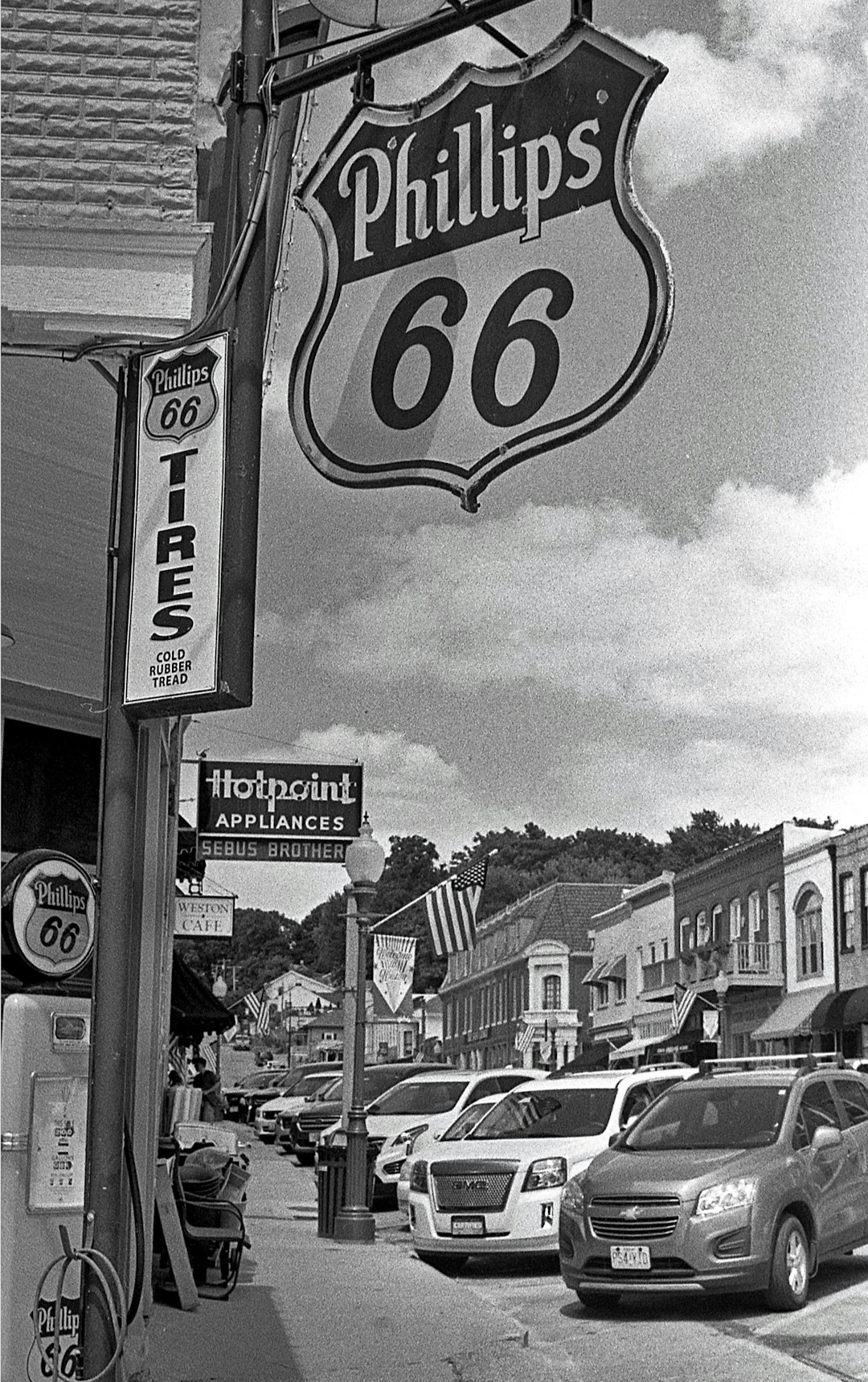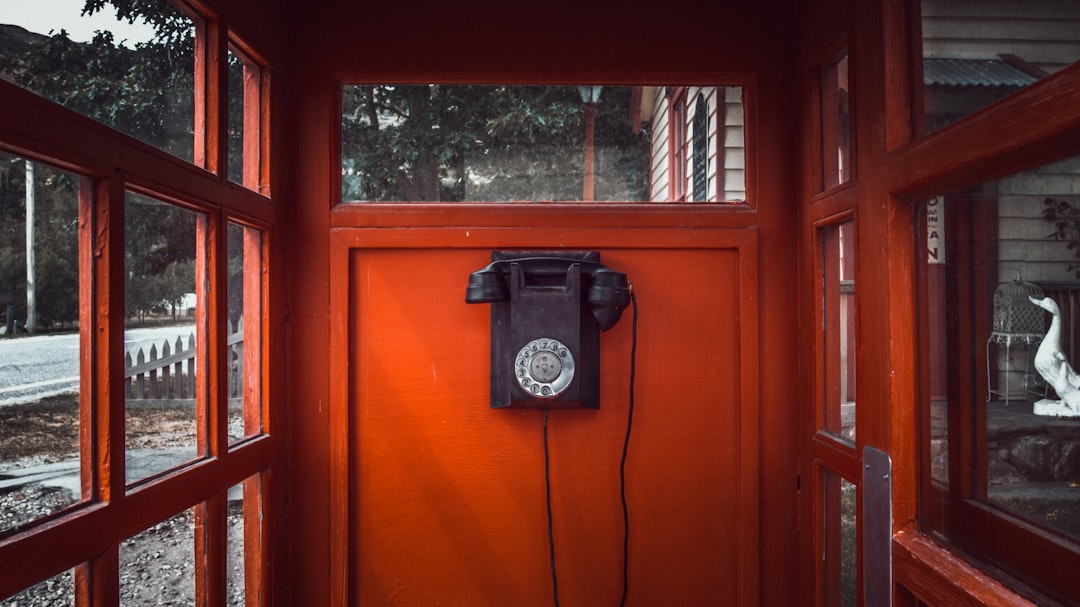St. Louis residents facing unauthorized environmental service robocalls have legal options under Missouri's Spam Call Law and the Telephone Consumer Protection Act (TCPA). Residents can identify, document, and report these calls, then consult a spam call law firm or specialized TCPA lawyer to determine potential lawsuit options for damages and compensation against offending companies. Time limits are strict, so prompt action is crucial.
Unwanted phone calls can be a nuisance, but what if they’re not just any calls—they’re automated robocalls promoting environmental services? In St. Louis, residents have been plagued by these mysterious robocalls, raising concerns about privacy and fraud. This article explores the issue of unauthorized environmental service robocalls in St. Louis, delving into legal protections offered by Missouri’s spam call laws and the Telecommunications Consumer Protection Act (TCPA). We’ll guide you through reporting these calls and provide insights on seeking legal recourse if your rights have been violated, including options for suing spam call law firms in Missouri.
Understanding Unauthorized Environmental Service Robocalls in St. Louis

In recent times, St. Louis residents have been experiencing a disturbing trend: unauthorized environmental service robocalls. These automated phone calls, often posing as government agencies or reputable organizations, are not only intrusive but also potentially illegal. The Telephone Consumer Protection Act (TCPA) of 1992, enforced by the Federal Trade Commission (FTC), restricts automated phone calls for marketing purposes unless prior express consent is obtained from recipients. In Missouri, specifically, the Spam Call law firm and lawyers specialized in TCPA cases can help individuals understand their rights and take legal action if necessary.
If you’re wondering, “Can I sue for robocalls in Missouri?” the answer is yes. The state’s strict interpretation of the TCPA allows individuals to file a lawsuit against companies or organizations making unauthorized robocalls. A lawyer for TCPA in Missouri can guide you through this process, helping you navigate the legal system and potentially recover damages. With the rise of technology, these automated calls have become a growing concern, prompting many to seek justice and raise awareness about their rights under the law.
Legal Framework: Missouri's Spam Call Laws and the TCPA

In Missouri, including St. Louis, unauthorized environmental service robocalls are regulated under state and federal laws designed to combat spam calls. The Missouri Spam Call Law prohibits businesses from making automated or prerecorded phone calls to Missouri residents without their prior express consent. Those who violate this law face significant penalties, which can include treble damages and attorney fees.
Additionally, the Telecommunications Consumer Protection Act (TCPA) at the federal level provides further protections for consumers against unwanted robocalls. If you’ve received an unauthorized environmental service robocall in St. Louis, you may have legal recourse. A spam call law firm or lawyer specializing in TCPA cases in Missouri can help determine if you can sue for robocalls and guide you through the process of seeking compensation and stopping these nuisance calls.
Reporting the Robocalls: Step-by-Step Guide for Residents

If you’re a St. Louis resident receiving unauthorized environmental service robocalls, knowing how to report them is crucial. Here’s a step-by-step guide to help you take action.
1. Identify the Robocall Source: First, try to determine the origin of the calls. Check your call logs and look for any patterns or recurring numbers. This information can be valuable when filing a complaint.
2. Document the Calls: Keep a record of each robocall you receive, including the date, time, and specific messages delivered. Write down any unique details or threats mentioned. You can also use your phone’s call recording feature (if enabled) to capture evidence.
3. Contact Your Local Authorities: Reach out to the St. Louis Police Department or the Missouri Attorney General’s Office, which has a dedicated unit for handling spam and robocalls. They provide guidance on reporting these issues and can assist in investigating unauthorized calls. You can also file a complaint with the Federal Trade Commission (FTC) using their online tools.
4. Seek Legal Advice: If you believe these robocalls violate Missouri’s Spam Call laws or the Telephone Consumer Protection Act (TCPA), consider consulting a reputable spam call law firm or lawyer in Missouri. They can assess your case, explain your rights, and guide you on potential legal actions, including whether you can sue for robocalls in Missouri.
Seeking Legal Recourse: Your Options When Suing for Robocalls in Missouri

If you’ve been a victim of unauthorized environmental service robocalls in St. Louis, you may be wondering about your legal options. In Missouri, the Telephone Consumer Protection Act (TCPA) provides consumers with significant protections against unwanted telephone calls, including robocalls. If these automated calls are deemed harassing or cause you substantial emotional distress, you might have a case to pursue legal action.
Seeking legal recourse when dealing with robocall infringements can be daunting, but there are reputable spam call law firms and lawyers in Missouri specializing in TCPA cases. These professionals can guide you through the process, helping you understand your rights and potential compensation. It’s essential to act promptly, as there are strict time limits for filing a lawsuit under the TCPA. Don’t hesitate to reach out to a spam call lawyer in Missouri if you’ve experienced repeated or unwanted robocalls, especially when they disrupt your peace or violate your privacy.






